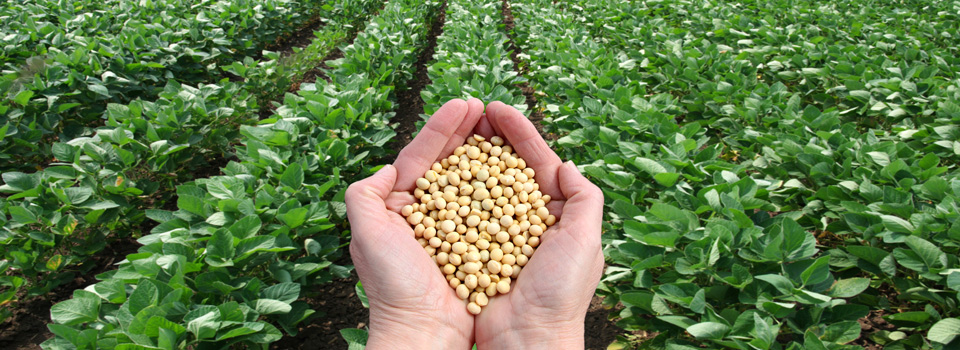Genetically modified Roundup Ready soy has been planted over vast areas of North and South America. Most of the crop is used to feed Europe’s and North America’s livestock.
Inflated claims are made for the environmental sustainability of GM soy and the safety of the glyphosate herbicide it is engineered to tolerate.
But the 2010 report, ‘GM Soy: Sustainable? Responsible?’, co-authored by a group of international scientists coordinated by Earth Open Source, summarises over a hundred independent studies showing serious health and environmental hazards posed by GM Roundup Ready soy and glyphosate herbicide.
The report comes at a time when GM firms are trying to win approval to cultivate GM glyphosate-tolerant crops in Europe. It concludes that on the basis of the scientific evidence and other countries’ experience with the crop, GM soy cannot be considered sustainable or responsible.
This report not only brings together the scientific evidence for the health and environmental damage caused by GM soy, but systematically documents that in GM soy-producing areas of South America, a human tragedy is unfolding on a massive scale, with escalating rates of birth defects and cancer linked to heavy spraying of glyphosate and other chemicals.
In the past, farmers had to use moderation in herbicide spraying for fear that it would kill the crop as well as weeds. But because GM soy is engineered to tolerate glyphosate, the herbicide can be sprayed in massive amounts, often from planes, near homes, schools and villages, resulting in massive increases in cancer and birth defects. In addition weeds have responded by acquiring resistance to the herbicide, forcing farmers to use progressively more glyphosate as well as mixtures of other even more toxic herbicides.
A growing resistance movement to the GM soy farming model has sprung up in South America. Doctors, lawyers, scientists, citizens and farmers are calling for an alternative, more sustainable agricultural model, as well as land rights reform.
Many of the concerns raised by these groups are confirmed by the scientific evidence collected in ‘GM Soy: Sustainable? Responsible?’
GM Soy: Sustainable? Responsible?
By Michael Antoniou, Paulo Brack, Andrés Carrasco, John Fagan, Mohamed Habib, Paulo Kageyama, Carlo Leifert, Rubens Onofre Nodari, and Walter Pengue. Published by GLS Bank and ARGE (the Austrian industry association for GM-free food) September 2010.
Full report and summary available in five languages:
- Full report (English)
- Summary (English)
- Full report (French)
- Summary (French)
- Full report (German)
- Summary (German)
- Full report (Portuguese)
- Summary (Portuguese)
- Full report (Spanish)
- Summary (Spanish)

